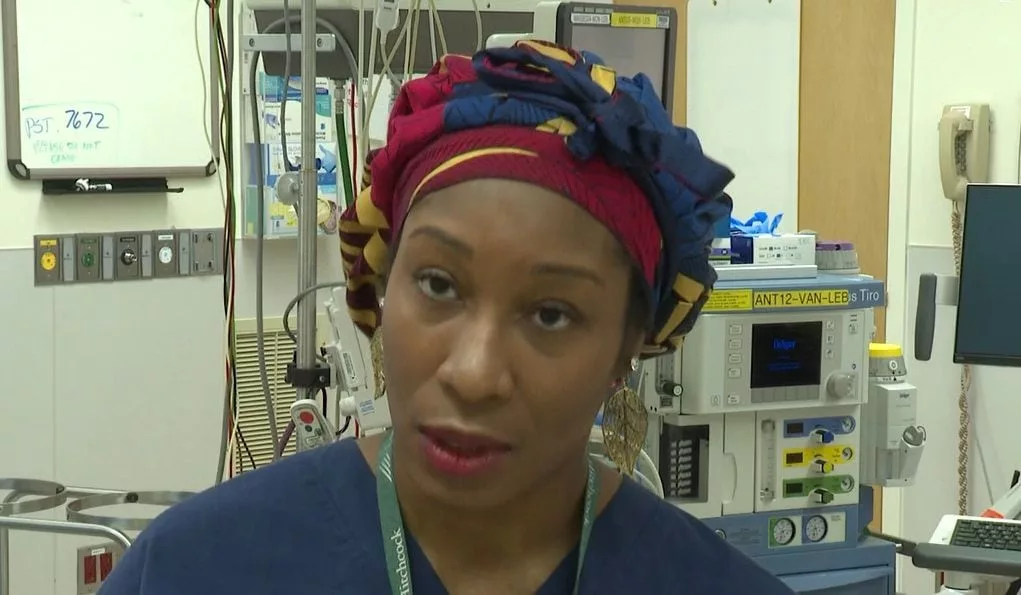LEBANON, N.H. (WCAX) – As part of Black History Month, a neurosurgery resident at Dartmouth Hitchcock Medical Center is highlighting systemic issues in health care that continue to face people of color.
Less than one percent of practicing neurosurgeons in the U.S. are Black women. Dartmouth-Hitchcock Medical Center’s Stephanie Ihezie is one of them.
“I felt a strong sense of purpose. I feel like there are a lot of people in this world that I want to help,” Ihezie said. And she’s doing just that. About halfway through her seven-year residency program, Ihezie has performed hundreds of procedures. “It’s really life-changing the surgeries that we do — high risk but also high reward.”
She is the first Black woman admitted to DHMC’s neurosurgery residency program. Historically, Black doctors have been under-represented in the medical field, which the statistics say affects patients. “People in minority groups are disproportionately affected by illness, whether it’s cancer, whether it’s heart attacks, whether it’s strokes,” Ihezie said. She says that is due to a variety of factors including genetics, income levels, education, and systemic racism. “Unconscious and conscious biases, and even medical experimentation in the past, has led people — specifically in the Black community — to feel a deep distrust of the medical system.”
Because of that, Ihezie says, Black people often avoid medical care, which can often create bigger problems down the road. “We are seeing people who are sicker, who are coming to the hospital a lot later,” she said.
By getting more people of color into the profession, and more importantly out into minoritized communities, this first-generation American says outcomes will improve. “That improves health outcomes, it increases life expectancy for Black individuals in that community,” Ihezie said.
Ihezie says she’s honored to be spearheading the charge at Dartmouth Health. “I would like someone to look at me and see that it is possible, but to also be inspired that they can do even more,” she said
Ihezie says having role models and mentors in the field is equally important for doctors as they make their long journey through the profession.

